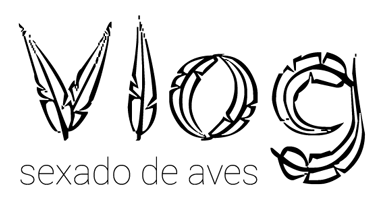GENETICS OF PIGEONS
We started a new service related to PIGEON GENETICS in our LABORATORY. For this reason, from now on, we will be incorporating brief articles on topics related to pigeons, and pigeon genetics. Pigeon Genetics Pigeons, like most
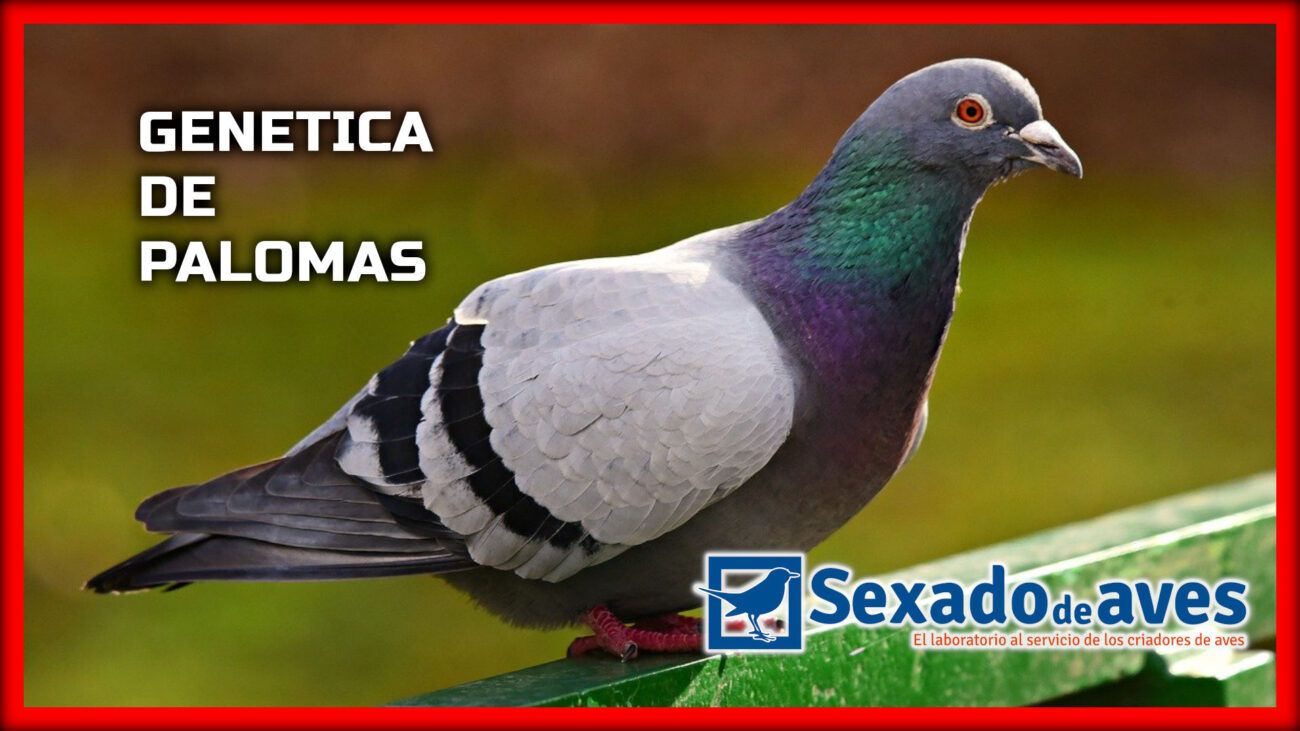
We started a new service related to PIGEON GENETICS in our LABORATORY. For this reason, from now on, we will be incorporating brief articles on topics related to pigeons, and pigeon genetics.
Pigeon Genetics
Pigeons, like most animals, inherit characteristics from their parents, this is due to pigeon genetics. Traits or characteristics that can be inherited are innumerable, from simple eye color to complex temperament and the ability to procreate.
The basic mechanism by which traits are passed down from generation to generation was first studied by Gregor Mendel, who studied pea plants in the 1850s. The basic principles he discovered have been explored and refined ever since. This field of study is called [classical] genetics. The following sections explain some of the basic concepts of genetics.
Basic genetics
Pigeons have a total of 80 chromosomes paired to make 40 pairs. These chromosomes carry what are called genes. During sperm and egg production (a process called meiosis), the pairs divide and each egg or sperm only has 40 chromosomes. When the egg and sperm fuse to form a new pigeon, a total of 80 is achieved again. Another way of looking at it is that for each pair of chromosomes, one chromosome comes from the female parent and another from the male parent.
Here is an image to illustrate (a human karyotype):
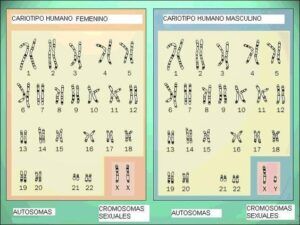
Karyotype of a male and female human (source – Wikimedia)
Genes are responsible for all characteristics of birds: color, behavior, and body conformation are controlled by genes passed on by parents. Some genes can change the characteristics of the bird on their own, while other genes work together to form a specific trait. It is important to remember that some traits are so complex that their expression could be controlled by hundreds or even thousands of genes.
Mutation
Mutations (changes in the structure of the gene, DNA) occur naturally in nature and are the basic mechanism of evolution. Mutations in a gene cause changes in the body’s traits. As a result of these mutations and selective breeding, humans have been able to create the hundreds of breeds of pigeons that are known today.
Mutations can occur in various ways, both natural and artificially induced. Natural mutations occur due to a faulty translation of DNA by a complex mechanism that is far beyond the scope of classical genetics. Mutations can also be caused by UV rays (for example, cancerous mutations such as melanomas in humans), harmful chemicals (called carcinogens), or various other mechanisms.
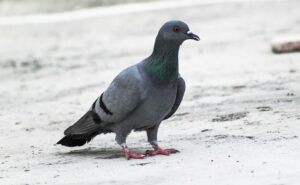
Wild Guy
Geneticists need a standard to measure mutations. This standard is called wild-type. This refers to the type of organism in question, as it occurs in nature. For pigeons, the wild type is defined as the blue bar pigeon, the original wild form of the rock pigeon (Columba livia) that can still be seen in the wild populations of western and southern Europe, North Africa, and South Asia. If you are interested in the genetics of the pigeon, you can continue reading on this blog.
Gender determination through pigeon genetics
Gender determination is also controlled by chromosomes (at least in mammals and birds). There is a special pair of chromosomes in these species. This special pair of chromosomes is called allosomes (or sex chromosomes) as opposed to autosomes (chromosomes are not responsible for determining sex).
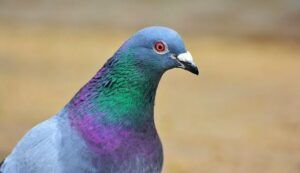
Chromosomal sex determination in birds is known as ZW sex determination. This implies that the females have the two ZW allosomes and the males the ZZ allosomes. (For humans, this system is reversed, women are XX while men are XY).
If you want to know more about birds, we invite you to follow us on our social networks (Facebook, Twitter, and Instagram). We constantly make posts on our blog and spread them through them.
Remember! At sexadodeaves.com we are specialists in sexing birds through DNA. In this way, it is possible to define the gender of your bird.
If you find an error in the translation, please let us know and we will correct it.
Thank you very much for reading us and for your cooperation.
